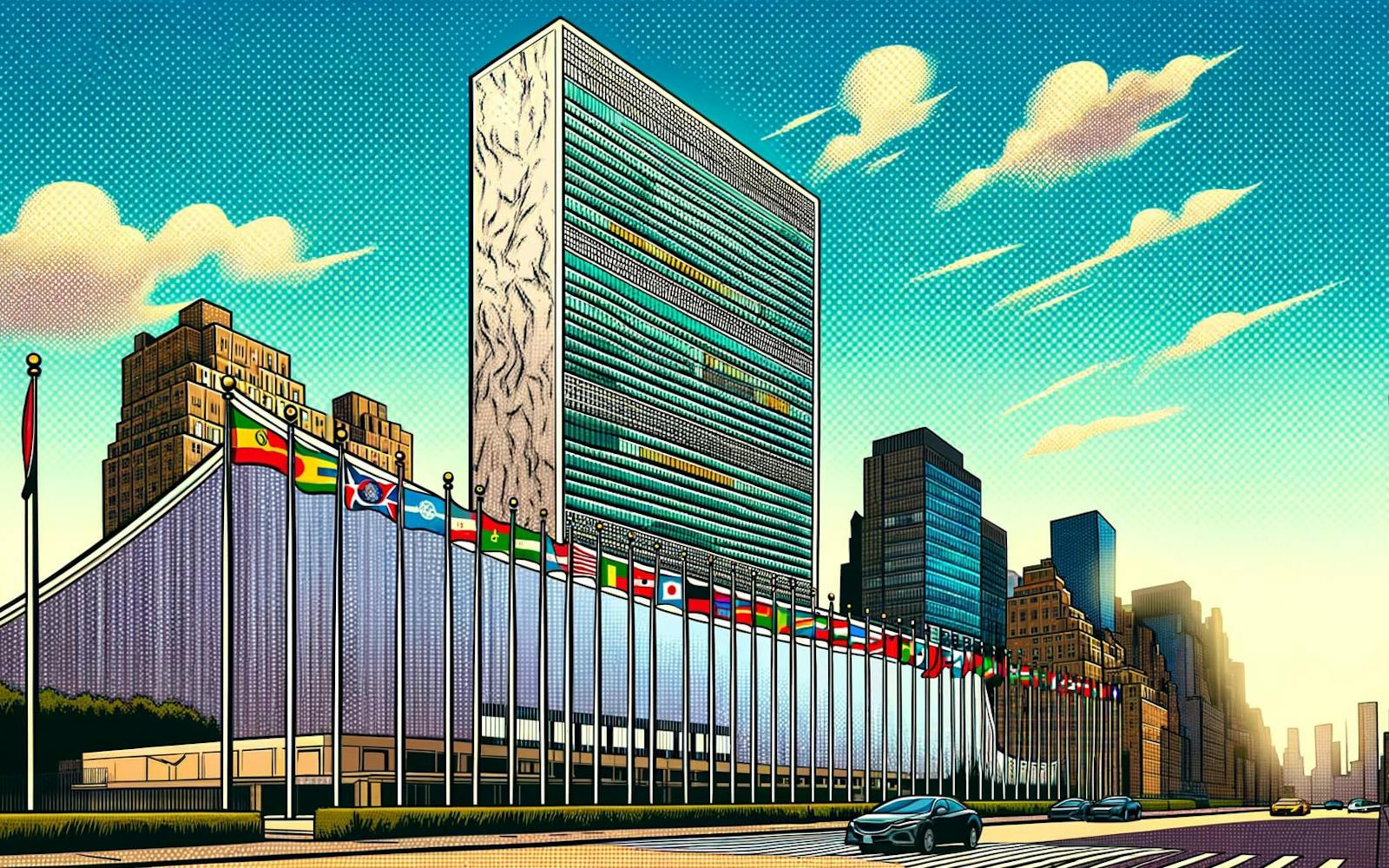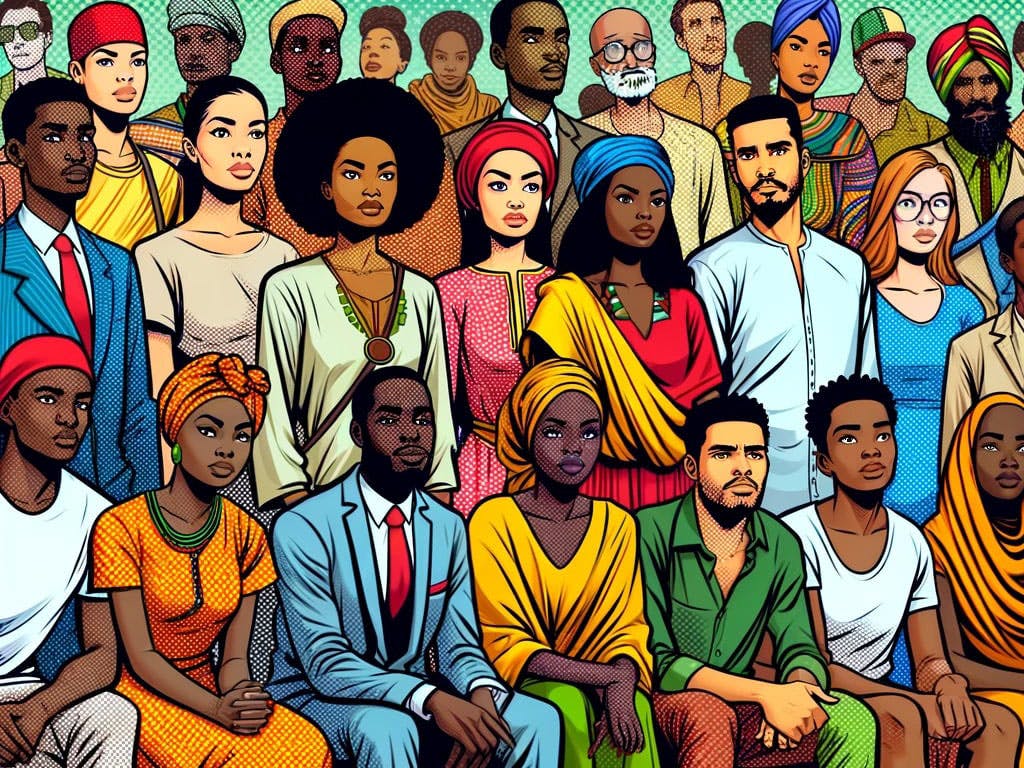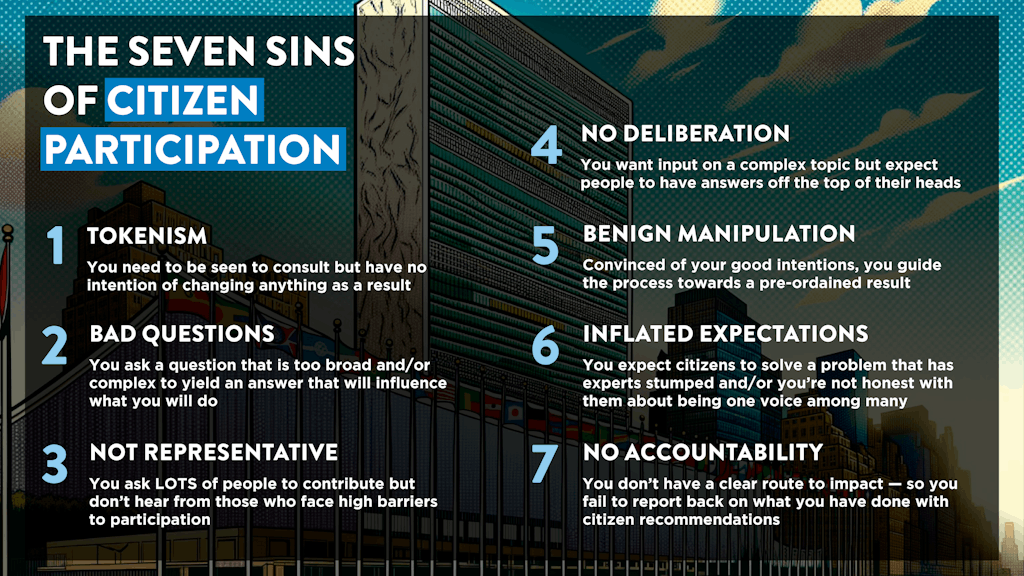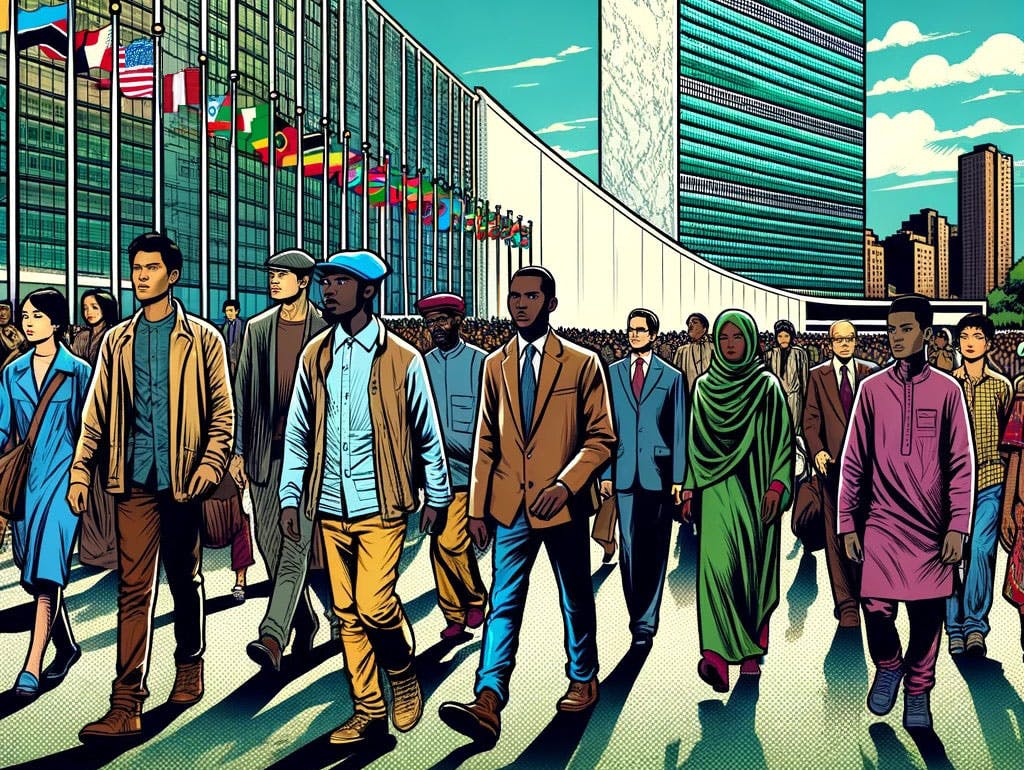Wednesday, July 31, 2024
Tuesday, July 30, 2024
Monday, July 29, 2024
Sunday, July 28, 2024
Saturday, July 27, 2024
Friday, July 26, 2024
Thursday, July 25, 2024
Wednesday, July 24, 2024
Monday, July 22, 2024
Sunday, July 21, 2024
Saturday, July 20, 2024
Friday, July 19, 2024
Thursday, July 18, 2024
Wednesday, July 17, 2024
Tuesday, July 16, 2024
Monday, July 15, 2024
Sunday, July 14, 2024
DESPERATE PRAYER
When do you really pray, when you really pour out your heart to the Lord and speak in tongues? There should be some time when you really get “in the Spirit.” When do you really get in the Spirit? When do you really pour out your heart to the Lord and really get through in the Spirit?
It’s very important. It’s very good for your soul. It’s good for your spirit. It’s good for your spiritual condition to know that you have really poured out your heart to the Lord with a whole soul, with all your heart, with all your might.
You ought to really get down to business with God! There should be times when you really cry out to the Lord and really pray and seek the Lord and really pray in the Spirit with strong crying and tongues and tears and really call upon the Lord with a whole heart. He says then He’ll answer you (Jeremiah 29:13).
All of our little prayers are well and good, and the Lord hears them and He knows they’re sincere and we mean them, and He answers accordingly. But there are times when you should really, really get desperate with the Lord in prayer about certain things and certain people.
When was the last time you really poured out your heart in prayer with strong crying and tongues and tears to the Lord?
Does the Lord have to allow some trouble to happen in order to get you to really pray, to get you to really get serious with Him? The Lord wants us to be happy, and we usually are. But there should be times when you are not satisfied with just the usual run of things, when you really, really seek the Lord for a needed change and really pray, pouring out your heart to the Lord. When do you do that? What’s the last time you did that? What was it about? How long’s it been since you prayed like that? Do you ever pray like that?
Well I’ll tell you, brethren, this movement was born in prayer, crying out to God, weeping in tongues and prophecy. What’s the last time you had a prophecy? What’s the last time you had a message in tongues with interpretation? With all this praying, the Spirit ought to be answering! You ought to be getting answers in the spirit now!
When do you get really concerned and really pray?—Really concerned about your children, about your friends and contacts, and you really pray in the Spirit? The Scripture says that the Lord says, “No man moveth himself to call upon Me” (Isaiah 64:7). If you’re not really moved when you pray, I wonder sometimes how far it gets.
He says, “In the day that you call upon Me with a whole heart, I will answer thee” (Jeremiah 29:13). Our little prayers are sincere and we mean them, but we also need to really get desperate in prayer about a serious situation or anything that needs it.
I’ll tell you, wholehearted to me means getting in the spirit, speaking and praying in tongues and crying out to the Lord with strong crying and tears, and I weep and I agonize in prayer. Sometimes it costs two or three hours of sleep, but out of those sessions we have gotten some wonderful things from the Lord.
There’s no reason why you can’t be having such fellowship in the spirit and with the Lord, and getting things from the Lord. And you should! Or God may have to let something happen that will make you get desperate and really pray.
What does God have to do to make you get desperate?
Copyright © October 1975 by TFI
An Attempt to Assassinate Trump
Dennis Edwards: A message from a friend.
Saturday, July 13, 2024
Friday, July 12, 2024
Thursday, July 11, 2024
Who is the Islamic ANTI CHRIST? shocking BY:John Macarthur
Wednesday, July 10, 2024
Is This The End Of Jordan Peterson?
Summit for the Future - The UN´s Global Summit for Good or for Evil?
https://www.un.org/en/summit-of-the-future
HOW THE UN’S SUMMIT OF THE FUTURE COULD BE A TURNING POINT FOR GLOBAL DIPLOMACY
 BLOG
BLOG EMERGING ISSUES
EMERGING ISSUES HOW THE UN’S SUMMIT OF THE FUTURE COULD BE A TURNING POINT FOR GLOBAL DIPLOMACY
HOW THE UN’S SUMMIT OF THE FUTURE COULD BE A TURNING POINT FOR GLOBAL DIPLOMACY
BY DAVID STEVEN ON MARCH 26, 2024

In September 2024, world leaders will gather at UN headquarters in New York for the Summit of the Future, which aims to “forge a new global consensus on what our future should look like.” Source: OpenAI’s ChatGPT Image Generator
As part of a monumental effort to reset global cooperation, the United Nations will host hundreds of world leaders, policymakers, experts, and advocates in September at the Summit of the Future. The ultimate goal: To rethink what multilateralism means in a rapidly changing world. Drawing on a new paper he co-authored, UN Foundation Senior Fellow David Steven outlines why — and how — to seize this moment to engage everyday citizens at the UN and beyond.
Choose a country — any country — and you will likely find the same trends: Trust in public institutions is plummeting, wealth inequality is on the rise, and societies are increasingly polarized.
If nothing else, citizens of the world are united behind one grim truth: The status quo is failing us all.
That’s why the stakes for the UN’s Summit of the Future are high. Simultaneously hailed as a once-in-a-generation opportunity and criticized for being the right summit at the wrong time, this high-level event in New York City is expected to produce not one, but three international frameworks: the Pact for the Future (currently available as a zero draft), the Global Digital Compact, and the Declaration on Future Generations.

The multilateral system is no longer fit to meet today’s complex, interconnected, and rapidly changing world. One solution, argues UN Foundation David Steven and his co-authors, is to more effectively harness the experience and expertise of everyday citizens in global decision-making. Source: OpenAI’s ChatGPT Image Generator
But what can the Summit deliver that will continue to resonate in five to 10 years? Some transformational proposals can easily be spotted in the working texts of each document. For example, the Emergency Platform, if approved, is likely to play a central role when triggered by the next global shock on the magnitude of the COVID-19 pandemic or the 2008 economic meltdown.
Other promising developments are more subtle, such as the opportunity to use the Summit as a platform for deepening the engagement of citizens in international cooperation. In its current draft, the Pact for the Future is less ambitious on this topic than the 2030 Agenda or the declaration that marked the UN’s 75th anniversary in 2020.
But as I, along with my co-authors, argue in a new challenge paper, Strengthening Citizen Participation in Global Governance, launched in partnership with Blue Smoke Alliance, the Iswe Foundation, Plataforma CIPÓ, and Southern Voice, there is still time for this to be fixed:
"The zero draft of the Pact promises 'a new beginning in international cooperation,' based on a foundation of renewed trust between people and the institutions that represent them.
But in a Pact that promises concrete action, there are as yet few practical commitments to increasing engagement. As negotiations continue, member states should take the opportunity provided by the Summit to support and invest in frameworks that take the active participation of citizens onto a new level.
Looking beyond the Summit, the UN’s 80th anniversary, the World Social Summit, the selection of the next Secretary-General, and the replacement of the 2030 Agenda present opportunities to entrench participation."
WE THE PEOPLES 2.0
Citizen engagement is not a new concern for the multilateral system. As its Charter proclaims, the UN was launched in the name of “We the Peoples” and made early attempts to understand what citizens needed from the new institution in the aftermath of World War II. The UN was also ahead of its time in the way it communicated with people about its role as a platform for global cooperation.
More recently, the Sustainable Development Goals (SDGs) were informed by a “global conversation” with over 1 million people, while the 75th anniversary of the UN (dubbed UN75) also explored what people want the international system to deliver.
This translated into commitments to engage citizens more effectively within the UN. In the 2030 Agenda, world leaders declared that the SDGs would be successful only if they were “of the people, by the people, and for the people.” They also promised to debate implementation of the UN75 commitments with their citizens as part of a more inclusive approach to multilateralism.
With half the world’s population under the age of 30, leaders have been especially keen to emphasize listening to and working with young people — inviting them, in the words of the 2030 Agenda, to “channel their infinite capacities for activism into the creation of a better world.”
AVOIDING THE SEVEN SINS OF CITIZEN ENGAGEMENT
Unfortunately, citizen engagement is often poorly executed. In the challenge paper, we explore what happens when the international system reaches out to people in an ad hoc and unstrategic way, identifying what we call the seven sins of citizen participation. Engaging in tokenistic practices, asking questions that are too broad, not giving people a chance to deliberate, and resorting to “benign manipulation” that can push a process toward a preordained end are some of the most common missteps that undermine effective citizen engagement.

Seven common pitfalls for civic participation include tokenism, lack of accountability, and inflated expectations. Source: Strengthening Citizen Participation in Global Governance
We also draw a contrast with the involvement of experts and the private sector. Not only are they engaged far more often (and with more generous budgets), but there has also been impressive institutional innovation to systematize their engagement. Think of the UN’s Intergovernmental Panel on Climate Change (IPCC), which has enabled scientists from around the world to inform climate policy, or the Global Compact, which Kofi Annan set up for businesses when he was UN Secretary-General.

While the engagement of everyday citizens was written into the UN Charter, global efforts have been sporadic instead of structural, and must be reimagined given the increasingly complex and rapidly changing geopolitical landscape. Source: OpenAI’s ChatGPT Image Generator
At a time of deep crisis and growing polarization, my co-authors and I believe that this is a time for Member States to be similarly ambitious in making people partners in the international system. As our challenge paper argues, structures to deepen engagement can build trust as well as inform more farsighted decision-making.
The paper recommends ways in which the international system can get the basics right by using polling more strategically, mobilizing people behind global goals, and enabling a greater diversity of civil society organizations to play a full role in international forums.
But this is also a time for innovation, during a period when a deliberative wave has demonstrated new ways of allowing citizens to address complex challenges. Much of the experimentation has been at national and local levels, but the international system is beginning to catch up.

In an age of growing division, misinformation, and polarization, a new challenge paper recommends informing and engaging global citizens through innovative structural changes to the multilateral system. Source: OpenAI’s ChatGPT Image Generator
Take the first Global Citizens’ Assembly, which was held ahead of the UN Climate Change Conference in Glasgow known as COP26 and brought together citizens from 49 countries selected by a lottery to ensure they were representative of the global population. UN Secretary-General António Guterres hailed this as “a practical way of showing how we can accelerate action through solidarity and people power.”
FROM RHETORIC TO REALITY: ESTABLISHING A GLOBAL CITIZENS’ ASSEMBLY
In the challenge paper, we argue that next time the Secretary-General or his successor brings together a high-level panel or other expert body to advise on policy, he should ask a Global Citizens’ Assembly to explore the same set of questions.
For COP26, the core assembly was supported by discussions in community assemblies around the world. This offers a model for the UN’s 80th anniversary in 2025, building on and improving the global conversation held for UN75, and for the World Social Summit that is also planned for next year.
With time and investment, a permanent deliberative body could be established, providing a sustainable and legitimate voice for citizens in global governance. That is most likely to happen if the Pact for the Future strengthens the UN’s commitment to listening to and working with the world’s citizens — and promises to explore new and effective ways of facilitating engagement.
The Summit of the Future would then be remembered for helping to turn the rhetoric about inclusive multilateralism into reality.
SHAPING THE FUTURE OF MULTILATERALISM
The new challenge paper, Strengthening Citizen Participation in Global Governance, outlines recommendations to make everyday people central to the future of international cooperation while positioning the Summit of the Future as the moment to move beyond piecemeal approaches to civic engagement.






